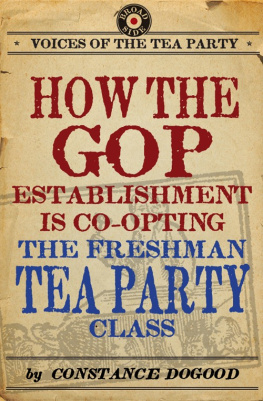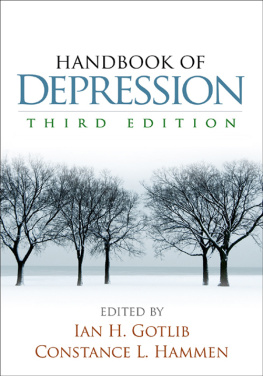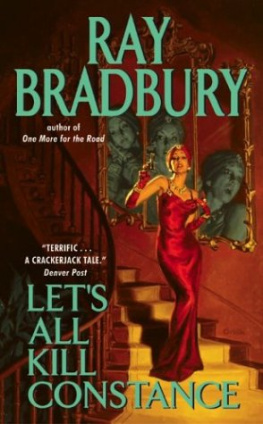V oices of the Tea Party is a real-time collaborative forum for Tea Partiers around the country that delivers in-depth information on tactics, strategy, and policy from on-the-ground activists through the use of inexpensive and easy to download e-books. The series will serve the vibrant online community of everyday Americans who launched and continue to drive the Tea Party movement, by taking their collaborative discussions to a much higher level. Tea Party supporters around the country will now be able to instantly access best practices that have succeeded elsewhere, hear the stories of others in the movement, and learn from Tea Partiers with specific policy ideas and expertise. Perhaps more important, they will be able to engage with other thought leaders by submitting their own e-book proposals for possible inclusion in the series. (Please see our website for details: broadsidebooks.net.) Readers and writers alike can thereby join the important national discussion within this ever-expanding community of citizen-activists who have dedicated themselves to securing the movements core values of constitutionally limited government, fiscal responsibility, and free markets.
Series editor Michael Patrick Leahy has been one of the driving forces of the Tea Party movement from its inception. Hes a co-founder of the Nationwide Tea Party Coalition, which sponsored the very first national Tea Party demonstrations; the February 27, 2009, Nationwide Chicago Tea Party; and the April 15, 2009, Tax Day Tea Party. He is also the author of The Ideological Origins of the Tea Party Movement , to be published by Broadside Books in January 2012. His website is http://www.michaelpatrickleahy.com.
A long with a handful of activists brought together on Twitter, I participated in the exciting launch of the Tea Party movement in my small town in February 2009. I had no prior political experience, but I understood Twitter, Facebook, free phone conferencing, and all the other tools we scrappy grassroots defenders of the Constitution used to turn this country around through our participation in the political process.
From the beginning, a core group of a few hundred online activists had a vision of returning the House of Representatives to conservative control in 2010. There was no road map laid out before us to accomplish this goal.
The Washington pundits scoffed. Yet we knew it could be done. Not because we were the greatest activists in the world, but because we understood that the majority of Americans felt as we did, and we realized that the tools of technology gave us a chance to succeed.
I found a Republican challenger in my district who was willing to take on a seemingly unbeatable incumbent Democrat. I signed on to his campaign as a volunteer, and recruited many of my Tea Party friends to pitch in. After a year of hard work and late hours, as well as an infusion of much-needed cash from traditional sources, my candidate won in November 2010.
It was a great daya vindication of all my hard work, and that of the thousands of Tea Partiers here locally who helped make it happen. When I was offered a job on the staff of my newly elected member, I knew that this was a fantastic opportunity. But I also knew it had the potential to cause serious heartbreak.
Let me explain why.
I said above that even before the Tea Party had a name, our outlandish goal was to return the House of Representatives to the control of conservatives. By conservatives we meant those who supported the limited-government ethos of the Tea Party movement, with its focus on the promotion of three core values: (1) constitutionally limited government, (2) free markets, and (3) fiscal responsibility.
I specifically didnt say we wanted to return the House to Republican control because, as we know, not all Republicans are conservatives who support the ethos of limited government. However, in the practical world, we know that there are only two political parties, and at least in the election of 2010, there were only two choices: Republican or Democrat.
As the voting behavior of the 112th Congress has so far proven, there simply are no elected Democrats in the House who are constitutional conservatives. The so-called blue-dog Democrats like North Carolinas Heath Shuler, who mounted a symbolic challenge to Nancy Pelosis leadership after the historic defeats suffered by the Democrats last November, marched in lockstep to oppose the repeal of the unconstitutional Obamacare legislation when that vote was held this winter.
The Alice in Wonderland quality of thinking among Democrats can best be illustrated by the public gnashing of teeth weve heard from them in response to Republican proposals to cut $60 billion from a 2011 budget that has a $1.7 trillion deficit. Never mind that this budget was one they should have finalized last year in the 111th Congress, which they controlled.
Consider the ludicrous outrage over a budget proposal that reduces the 2011 deficit from $1.7 trillion to $1.64 trillion. Its mean and unfair, the Democrats argue, to limit the budget deficit to $1.64 trillion. A fair budget deficit would be $1.694 trillion, representing a mere $6 billion cut. Many of us in the Tea Party think a fair budget deficit would be zero.
Compare the range of deficits: the Republican Party leadership says $1.64 trillion is fair, the Democratic Party leadership says $1.694 trillion is fair, and many Tea Party activists say zero is fair.
Of the three, which group is acting sanely and responsibly?
When we began our movement with the lofty goal of securing a conservative majority in the House, it was with the idea that these conservatives would repeal Obamacare, and reduce the deficit to zero.
We knew that the Republican leadership was subject to the same sort of Alice in Wonderland psychosis as the Democratic Party, but we also hopedperhaps a little optimisticallythat our freshman Tea Party members could provide a jolt of electoral therapy to the leaderships unhealthy Washington groupthink.
It was with these sentiments in mind that I viewed my candidates upset victory in November. What would my new member do once he got to Washington? Would he be true to the concepts of constitutionally limited government that animated the Tea Partiers who provided such important support during the campaign? Or would he be seduced by the perquisites of power and influence?
These thoughts weighed heavily as I considered the offer of a job in Mr. Freshmans district office. Ultimately, I accepted the position, in full awareness that the challenge of governance would be encumbered by the infrastructure of the Republican Establishment.
Heres what Ive seen since that day.
The infrastructure of the Republican Establishment is daunting in size and influence. It includes Washington-based organizations such as the Republican National Committee, the National Republican Congressional Committee, the National Republican Senatorial Committee, and the numerous House- and Senate-based offices. In the House, for instance, you have five offices, all of which are staffed by well-paid young political operatives. These include the offices of the Speaker, the majority leader, the majority whip, the House Republican Conference, and the House Republican Policy Committee. The GOP Establishment also includes local organizations back in the district, such as the state Republican committee, and Republican committees in each county of Mr. Freshmans congressional district.










